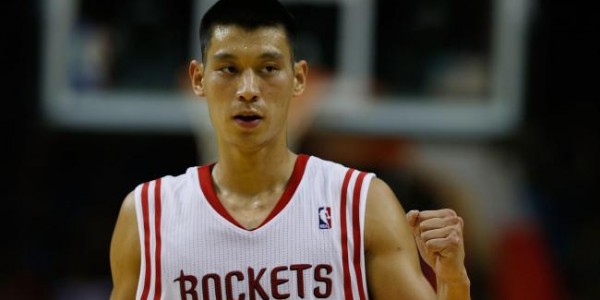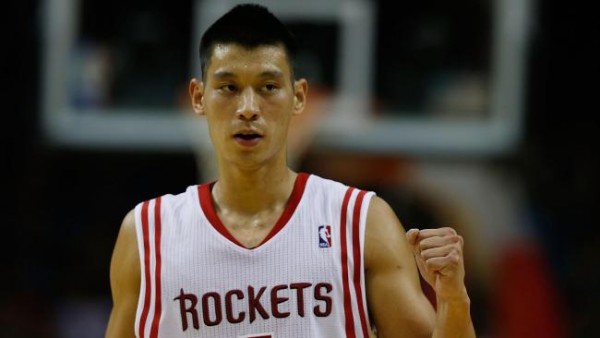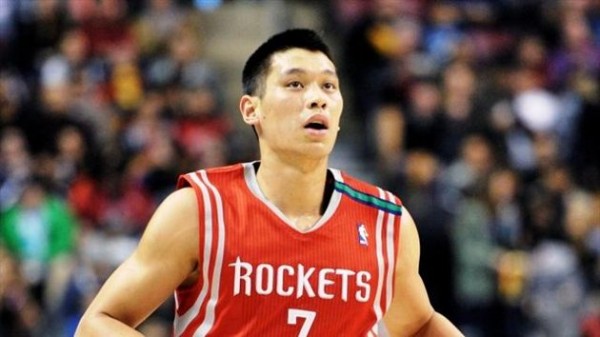When Jeremy Lin signed with the Houston Rockets, it seemed like he was going to be their leading player in a rebuilding process that was deemed to be one that should take more than one season. But the expectations were unjustified, putting Lin in the wrong light, despite doing quite well for the Rockets, only because he didn’t live up to the Linsansity hype.
It’s hard to tell what Lin is feeling on the court, and how all of the fame that crashed upon him in a very short amount of time and almost out of nowhere. Criticism for being just an OK to good point guard during his first season with the Houston Rockets instead of a superstar that somehow becomes the star of the Houston Rockets was soon to come, especially as Lin had James Harden to compare to as his backcourt partner.
According to Lin, he became so obsessed with becoming a great basketball player … trying to be Linsanity, being this phenomenon that took the NBA by storm. The coaches were losing faith in me, basketball fans were making fun of me. I was supposed to be joyful and free, but what I experienced was the opposite – I had no joy, and I felt no freedom.
Lin was never going to be a 25 points, 8 assists a night point guard for the Rockets. Maybe that day in his career, of him performing consistently at that level, is still going to come, but it’s hard to imagine. While his production so far for the Rockets (13 points, 6 assists per game) might be something everyone is pretty sure he can beat next season as long as he keeps his starting job, it’s not only up to Lin in order for him to get anywhere near those heights for more than 5-6 games a season.
Players who aren’t superstars can only be good to the extent that the system allows them to express themselves, and unfortunately for Lin, the Houston Rockets aren’t a team that focuses on making their point guard their best player. Well, sort of. The Rockets have James Harden as their best player, and more often than not, he plays as the de facto point guard, even if it’s not always the best thing for the team.
This season will be another change in the relationship between players and positions in the lineup, but it’s still a huge question mark as to how the arrival of Dwight Howard will affect the function and role of Jeremy Lin.
If it’s going to be more of an actual point guard who distributes the ball and actually has it in his hands for a big portion of the 30 minutes he spends on the floor, we’ll see more games of Lin playing like the star he actually seemed to be for a few weeks in 2012. If it’s going to be more of him being used as a spot-up shooter, people will continue to call him overrated or overpaid, which is more the team’s fault than his own, and might eventually lead him to a different city and situation which will eventually turn out as the better option for him.


